Blog
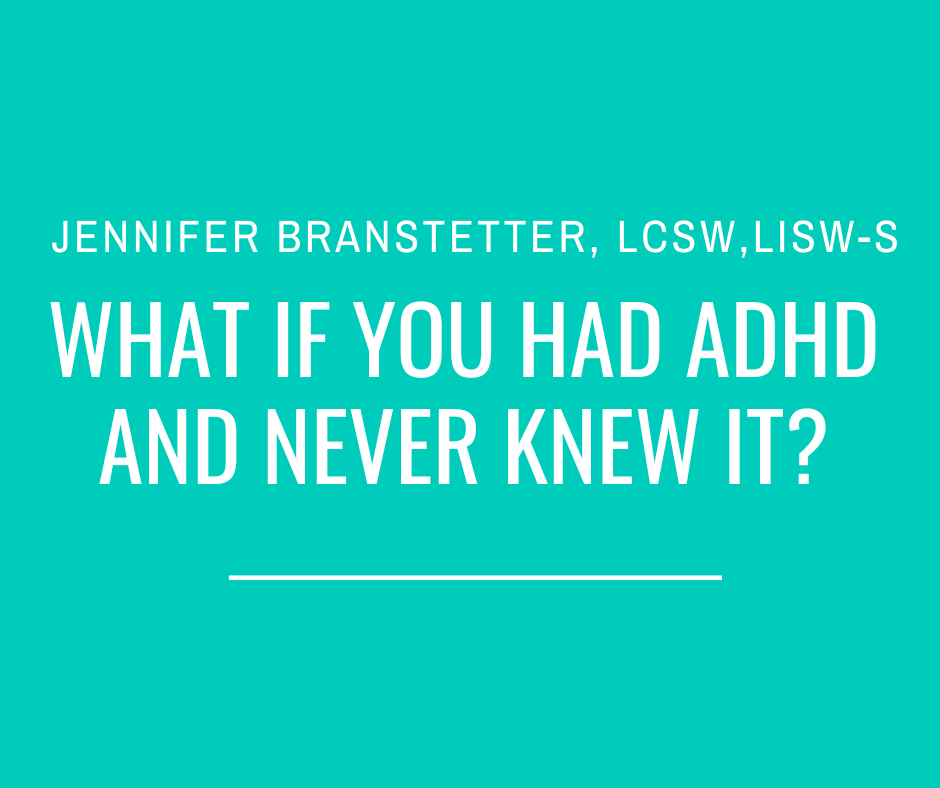
What If You Have ADHD and Never Knew It?
Could you have ADHD and not know it? Especially common in women and high-achieving adults, ADHD is often misdiagnosed or missed entirely. Here's what to look for—and how therapy can help.
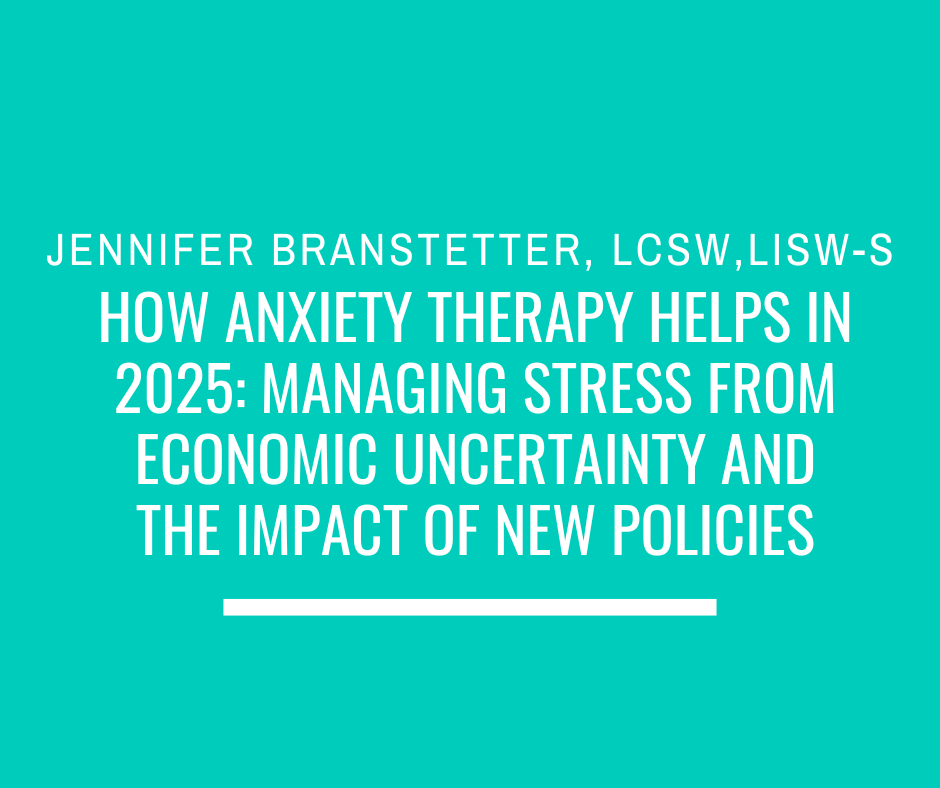

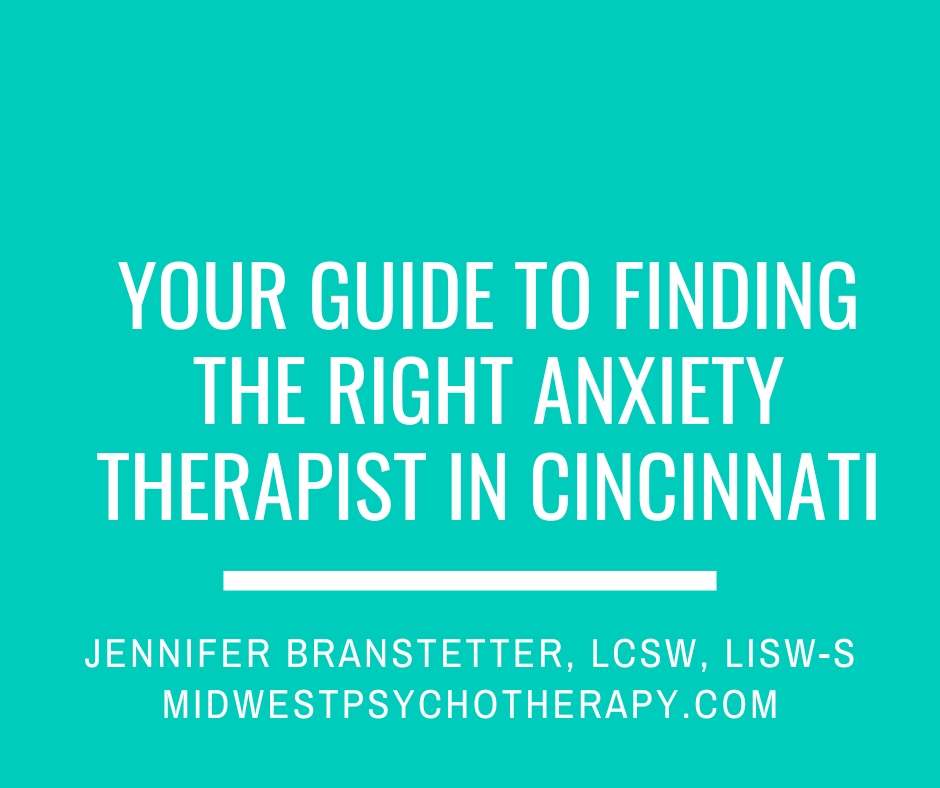
Your Guide to Finding the Right Anxiety Therapist in Cincinnati
Tips on finding the perfect therapist for you.
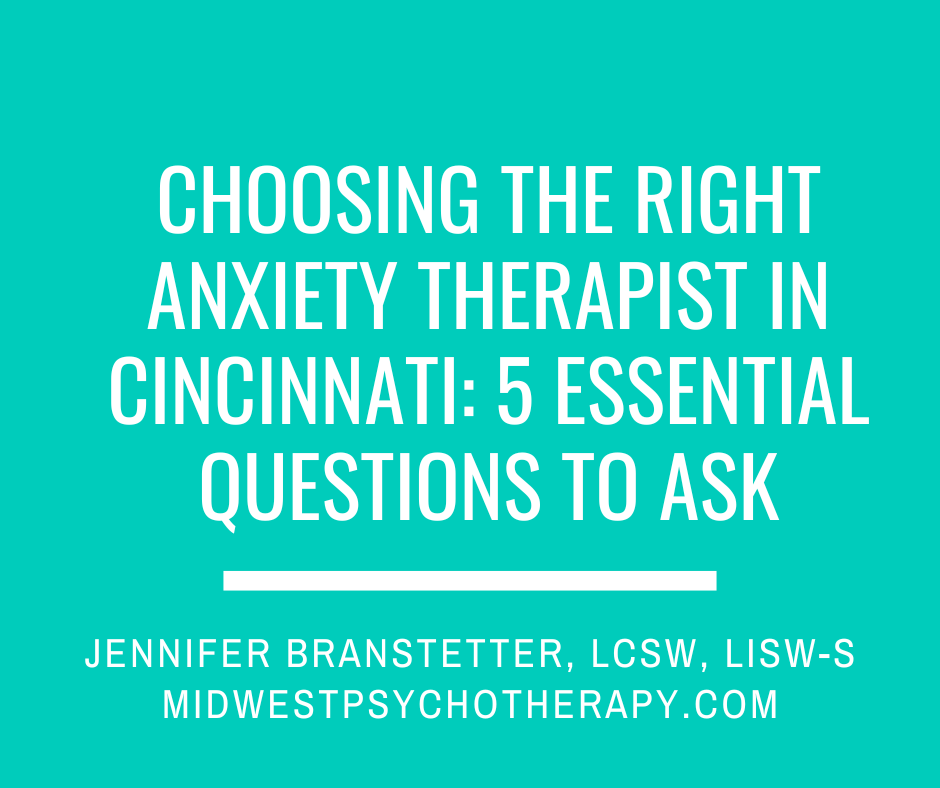
Choosing the Right Anxiety Therapist in Cincinnati: 5 Essential Questions to Ask
Choosing the Right Anxiety Therapist in Cincinnati: 5 Essential Questions to Ask
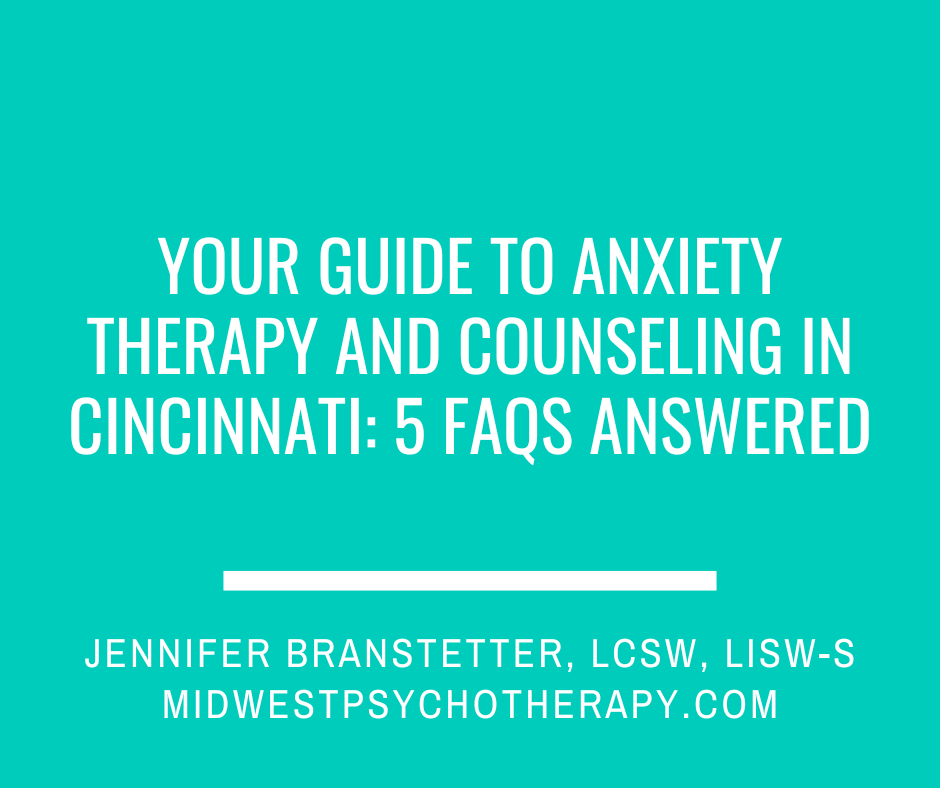
Your Guide to Anxiety Therapy and Counseling in Cincinnati: 5 FAQs Answered
Common questions about starting counseling for the first time.